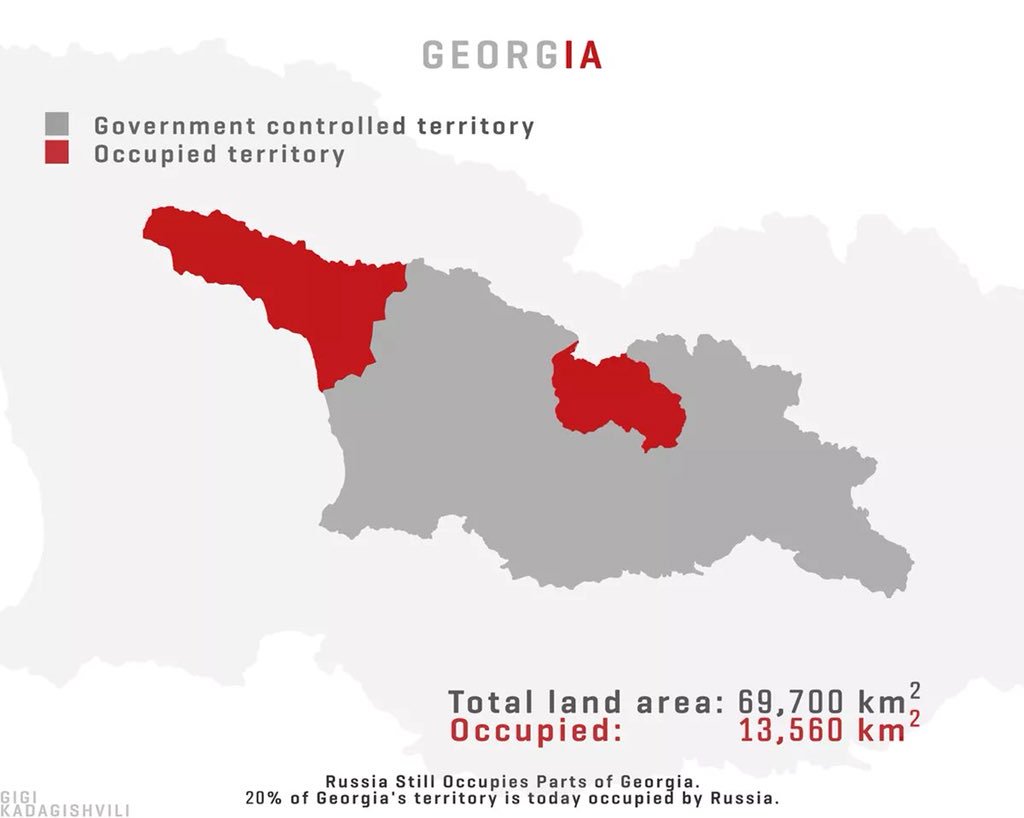NATO uses unanimously agreed formula based on GDP to determine how much each contributes to NATO’s common defense spending. In 2017, US share was 22.15%, followed by Germany (14.65%), France (10.63%), & UK (9.84%). All members have met their common funding obligation requirement.
US forces are not in Europe to protect Europeans at expense of US taxpayer. Instead, US troops are there to protect US national interests. The huge garrisons of US troops in Europe are no longer the fortresses of the Cold War, but the forward operating bases of the 21st century.
It is true that defense spending in Europe is not where it needs to be. Europeans must spend MORE. But US allies DO NOT “owe vast sums of money” to the US as a consequence. There is no central pool of defense funding controlled by the US that member states pay into annually.
President Trump should continue to make the case for more defense spending in Europe. He should knowledge where there have been improvements.
European governments should strongly & consistently make case for NATO, and the importance of robust defense spending, to their publics.
European governments should strongly & consistently make case for NATO, and the importance of robust defense spending, to their publics.
There should be a session for finance ministers (or their equivalent) at #NATOSummit. In many parliamentary democracies, the finance minister controls public spending. Educating finance ministers on importance of military spending might help to secure more defense spending.
Some European countries have laws requiring a certain amount be spent on foreign aid but have failed to do same with defense spending. NATO members should enshrine defense spending commitments into legislation. This would help to increase transparency & political accountability.
Finally, NATO needs a new Strategic Concept. This official document outlines geopolitical & security challenges facing the Alliance. Last Strategic Concept was published in 2010, before Russia’s invasion of Ukraine, Arab Spring, migrant crisis, & Russia’s intervention in Syria.
2% GDP is important but don't ignore Article 3 of 1949 North Atlantic Treaty that says members will “maintain & develop their individual & collective capacity to resist armed attack.” Today, only a handful of NATO members can say that they are living up to their Art 3 commitment.
Stability & security in Europe matters to the US. A stable, secure, & economically viable Europe is in America’s economic interest. For almost 70 years, NATO & US military presence in Europe have contributed to stability, which has economically benefited both Europe & US.
The economies of Europe, along w/US, account for almost half of global economy. We are each other’s principal trading partners. We are each other’s top source of foreign direct investment. All of this brings untold benefits to US economy and, by extension, the American worker.
Some of US oldest & closest allies are in Europe. US shares w/Europe a strong commitment to rule of law, human rights, free markets, & democracy. These ideas, foundations on which US was built, were brought over by the millions of immigrants from Europe in 18th & 19th centuries.
• • •
Missing some Tweet in this thread? You can try to
force a refresh







